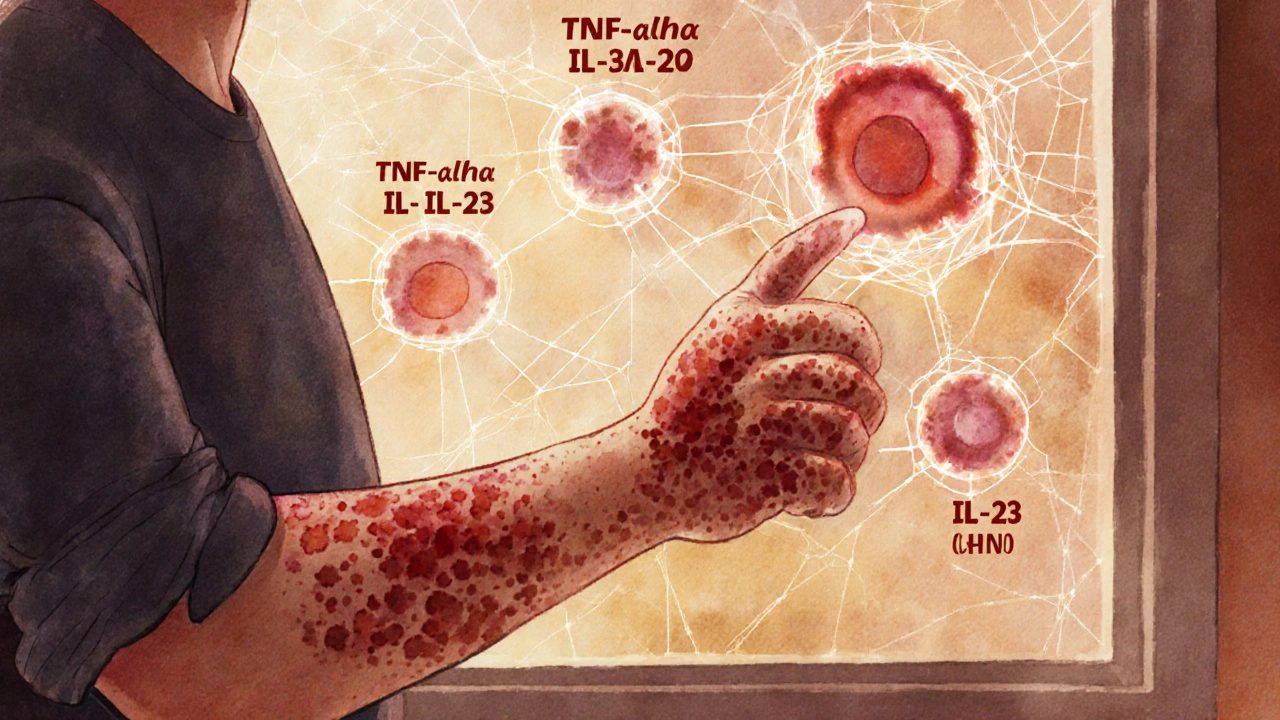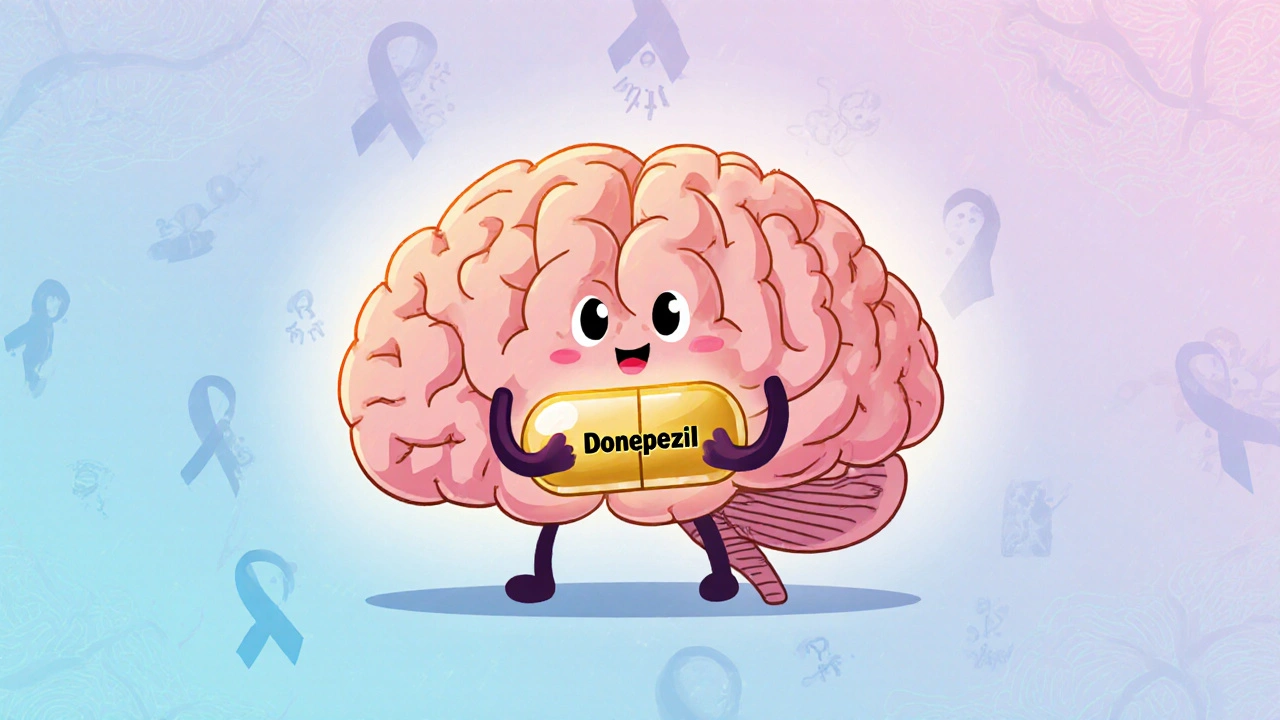Category: Health and Medicine - Page 2
How to Re-Challenge or Desensitize After a Drug Allergy Under Supervision
- Beata Staszkow
- |
- |
- 11
Drug desensitization allows people with serious drug allergies to safely receive essential medications under medical supervision. Learn how it works, who qualifies, and why it’s a life-saving option when no alternatives exist.
View moreAllergic Asthma: Triggers, Allergen Avoidance, and Immunotherapy
- Beata Staszkow
- |
- |
- 10
Allergic asthma affects millions and is triggered by allergens like pollen, dust mites, and pet dander. Learn how to identify triggers, avoid them effectively, and consider immunotherapy for long-term relief.
View moreAccidental Pediatric Medication Overdose: How to Prevent It and What to Do If It Happens
- Keith Ashcroft
- |
- |
- 12
Accidental pediatric medication overdoses are preventable. Learn how child-resistant packaging, proper dosing, and locked storage can protect young children-and what to do if a child swallows medicine by mistake.
View moreVestibular Migraine: How to Manage Dizziness and Headaches Effectively
- Keith Ashcroft
- |
- |
- 15
Vestibular migraine causes dizziness, vertigo, and headaches without always including pain. Learn how to diagnose it, avoid common misdiagnoses, and use proven treatments like propranolol, vestibular rehab, and supplements to manage symptoms effectively.
View moreMultiple Myeloma: Understanding Bone Disease and the New Treatments Changing Outcomes
- Beata Staszkow
- |
- |
- 8
Multiple myeloma causes severe bone damage in over 80% of patients. Learn how new drugs are moving beyond slowing bone loss to actually healing lesions, reducing fractures, and improving quality of life.
View morePsoriatic Arthritis Skin-Joint Link: Signs and Treatments
- Beata Staszkow
- |
- |
- 17
Psoriatic arthritis links skin and joint inflammation through the same immune response. Learn the key signs - dactylitis, enthesitis, nail changes - and how modern treatments can stop joint damage before it's too late.
View moreThe Environmental Impact of Tinidazole: What We Know So Far
- Keith Ashcroft
- |
- |
- 14
Tinidazole, a common antibiotic, is polluting waterways and fueling antibiotic resistance. Learn how it enters the environment, its effects on wildlife, and what you can do to help.
View moreSports and Anticoagulants: Injury Risk and How to Stay Safe
- Beata Staszkow
- |
- |
- 10
Athletes on blood thinners face higher bleeding risks during sports. Learn which activities are safe, how DOACs offer more flexibility than warfarin, and proven strategies to stay active without risking serious injury.
View moreDonepezil’s Emerging Role for Treating Neurodegenerative Disorders Beyond Alzheimer’s
- Keith Ashcroft
- |
- |
- 15
Explore how donepezil, long used for Alzheimer’s, may help treat Parkinson’s, Lewy body dementia, Huntington’s and other neurodegenerative disorders, with evidence, safety tips, and future trial updates.
View moreSlim Trim Active (Orlistat) vs Top Weight‑Loss Alternatives - Full Comparison
- Keith Ashcroft
- |
- |
- 15
A clear, side‑by‑side look at Slim Trim Active (Orlistat) versus top weight‑loss alternatives, covering how it works, effectiveness, costs, and when to choose it.
View more









